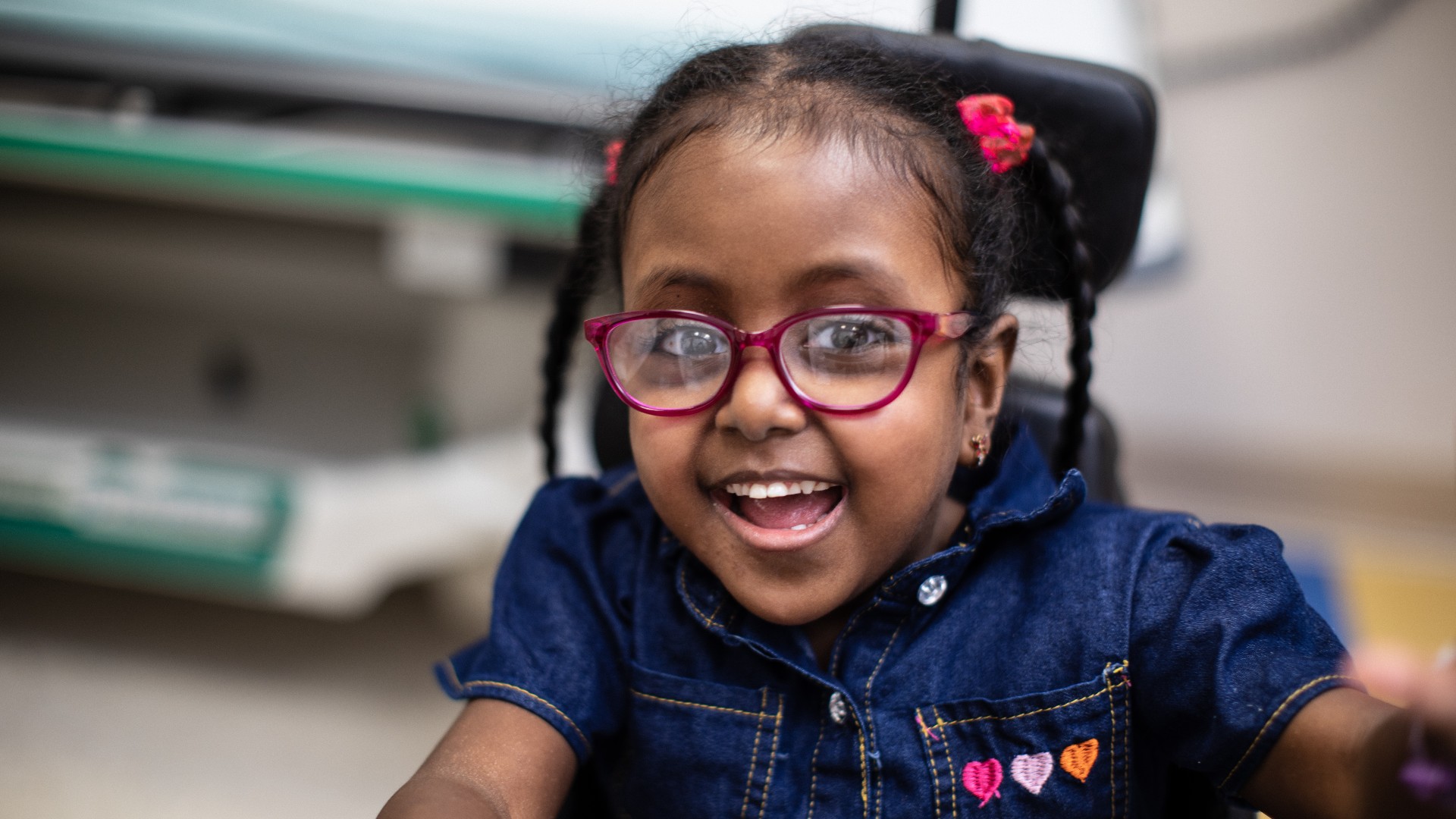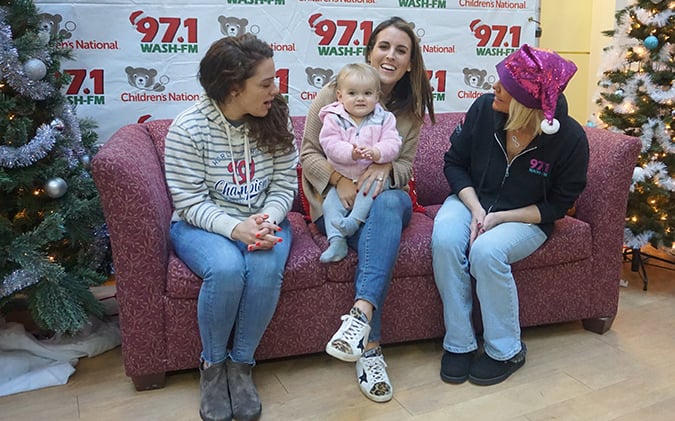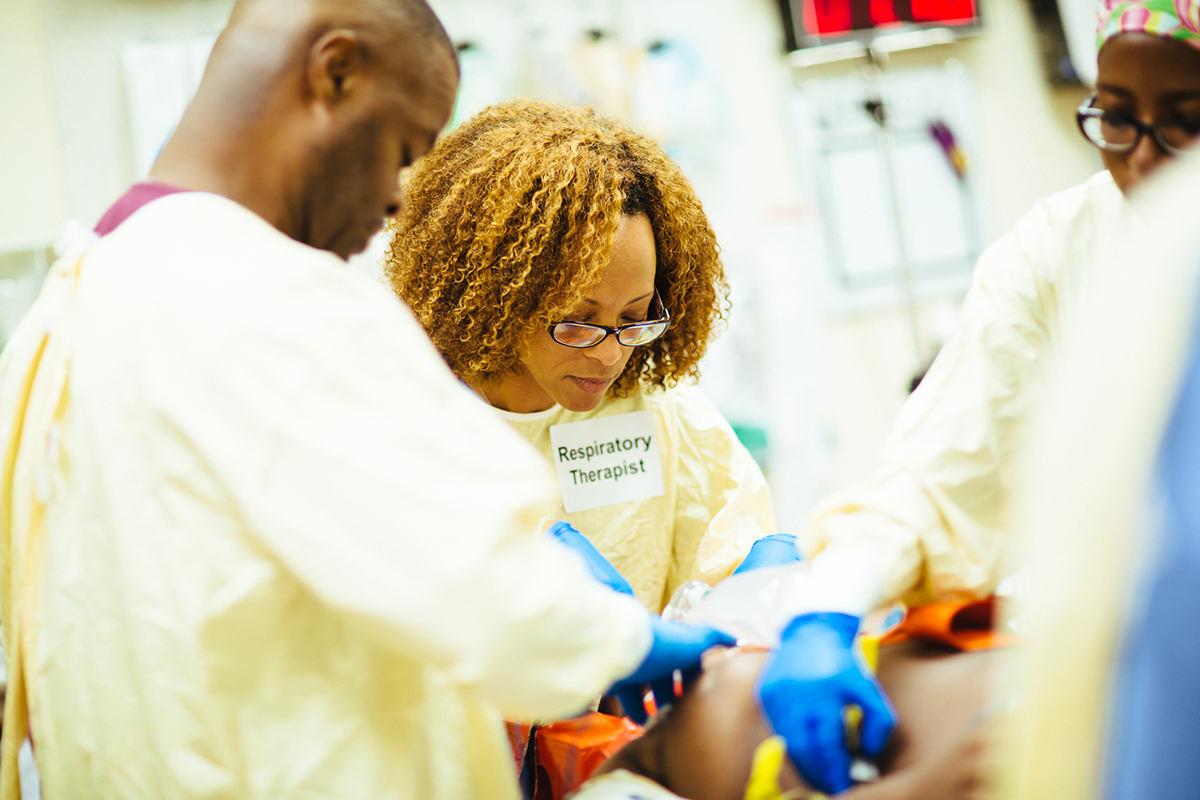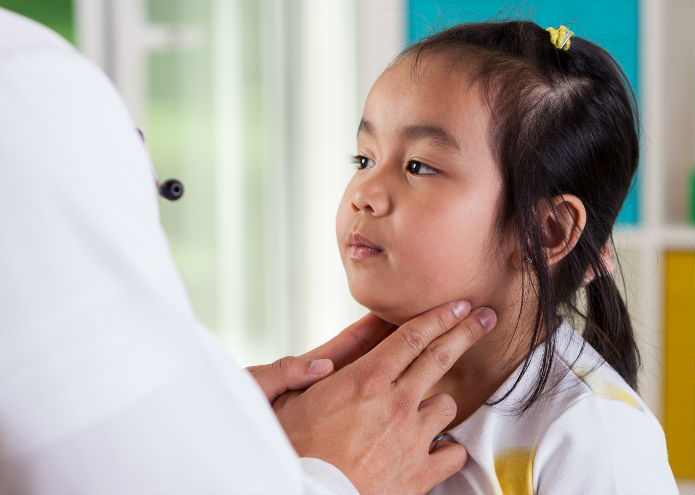Condition
Pediatric Respiratory Syncytial Virus (RSV)
What You Need to Know
RSV is a viral illness that causes trouble breathing. It is more common in winter and early spring months. While the early phase of RSV is often mild in babies and young children, it can often turn into a severe respiratory disease/
Key Symptoms
The most common symptoms of RSV include:
- Runny nose
- Fever
- Cough
- Short periods without breathing (apnea)
- Trouble eating, drinking, or swallowing
- Wheezing
- Flaring of the nostrils or straining of the chest or stomach while breathing
- Breathing faster than normal, or trouble breathing
- Turning blue around the lips and fingertips
Diagnosis
The healthcare provider will ask about your child’s symptoms and health history.
Some tests your child may need are:
- Physical exam
- Nasal swab or wash
Treatment
Treatment varies by how serious the symptoms are. It may include:
- More fluids.
- Oxygen through a mask, nasal prongs, or an oxygen tent
- Suctioning of mucus
- Bronchodilator medicines
- Mechanical ventilation
- Antiviral medicine

Schedule an Appointment
Our pediatric specialists provide personalized care for your child’s physical, mental and emotional health needs. Meet the providers who treat RSV and schedule an appointment today.
Frequently Asked Questions
What is respiratory syncytial virus (RSV)?
What causes RSV in children?
Which children are at risk for RSV?
What are the symptoms of RSV in children?
How is RSV diagnosed in children?
How is RSV treated in children?
What are possible complications of RSV in children?
How can I help prevent RSV in my child?
When should I call my child's health care provider?
FAQs about the RSV Vaccine
The Centers for Disease Control (CDC) has approved a new vaccine called Nirsevimab (Beyfortus) to protect newborns and infants under 8 months against Respiratory Syncytial Virus (RSV).
Departments that Treat Respiratory Syncytial Virus (RSV)

Pulmonary Medicine
Children's National is ranked as one of the best pediatric pulmonology and lung surgery hospitals in the country. Learn more about treatments for chronic and acute respiratory diseases such as cystic fibrosis and asthma.

Help Kids and Make a Difference
Invest in future cures for some of life's most devastating diseases. Give today to help more children grow up stronger.











